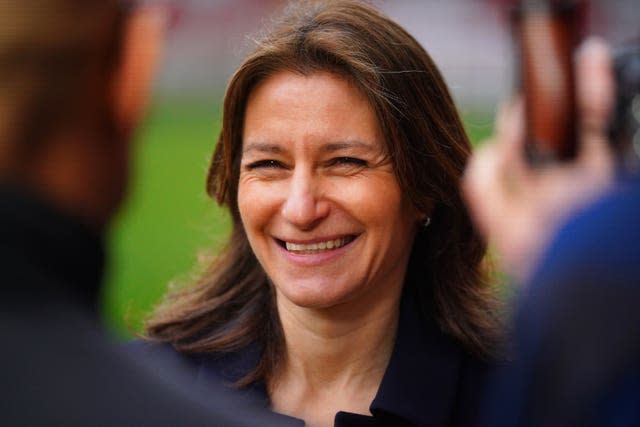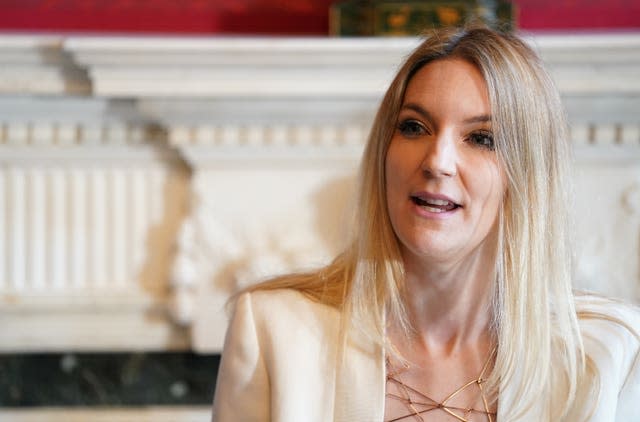Ex-ITV chairman among experts to advise on sustainability of BBC licence fee
A review into how the BBC is funded will look at whether the corporation should have some fully commercial services, the Government has confirmed.
The Department for Media, Culture and Sport (DCMS) on Thursday announced appointments to the expert panel, which will provide recommendations to the Government on if the licence fee is “sustainable”.
The group includes former chairman of ITV Sir Peter Bazalgette, former broadcast journalist and ex-director of communications at Downing Street Amber de Botton, and David Elstein, a former Channel 5 and BSkyB executive and ex-chairman of media site openDemocracy.

Under the BBC Funding Model Review’s terms of reference, they will consider what corporation services could become fully commercial and how much business revenue the broadcaster could generate.
Culture Secretary Lucy Frazer, who will be chairwoman of the panel’s meetings with media minister Julia Lopez, said: “The BBC has a unique role in public life and fulfils an important service in projecting and promoting our values and culture at home and around the world.
“We want to see it thrive for generations to come. But in an evolving media landscape, with increased pressure on licence fee payers, it’s right that we take a look at whether the current funding model is fit for the future.
“That’s why I’m bringing together leading television, radio and business experts to provide independent advice and valuable insight on future funding models for the BBC, guaranteeing its long- term financial sustainability.”
The panel – which also has The Times Literary Supplement editor Martin Ivens, ex-DCMS director of communications and former chief executive of Radiocentre Siobhan Kenny, and Dame Frances Cairncross, a former senior editor at The Economist, among its members – will evaluate other funding models for the BBC and how it could transition.
The first meeting will be held at the end of the month and the group is expected to report in the autumn.
It will also look at the funding arrangements of the BBC World Service and minority language broadcasting.

The Government previously said it is committed for the licence fee to remain until the current charter period ends in December 2027.
Any proposals for an alternative funding model would depend on the feedback from the review and the Government would hold a public consultation if it was considering getting rid of the licence fee as part of the charter review process.
In April, the licence fee will increase by £10.50 to £169.50 a year following the household charge being frozen for two years.
The BBC has already started making £500 million of savings and reassessing its priorities because of rising inflation and due to a reduction in funding for its operations.
The corporation said having the licence fee calculated using a lower rate of inflation would “require further changes on top of the major savings that we are already delivering”.
The BBC already has a commercial arm through BBC Studios, which sells the corporation’s content around the world.
This week, it announced plans that could put advertisements on BBC podcasts hosted on websites and apps like Apple and Spotify.
Audio content on BBC Sounds will not carry promotions, it said.


